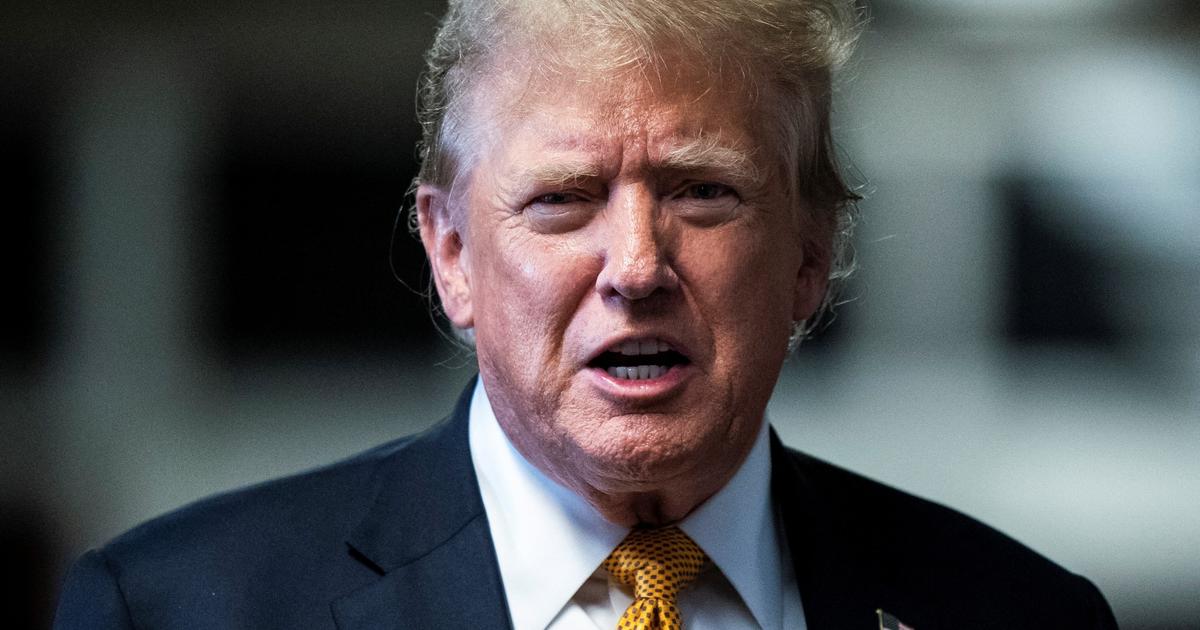The Unprecedented Trial of Donald Trump Nears Conclusion
The criminal trial against Donald Trump represents an unprecedented chapter in American legal history. The former US President faces 34 counts of falsifying business records. Central to the allegations are payments made to adult film star Stormy Daniels to suppress a potential scandal during Trump's 2016 presidential campaign. The trial, set in a Manhattan court, has seen weeks of deliberations, and the jury continued their discussions on Thursday.
The verdict's implications extend far beyond the courtroom. If found guilty, Trump's 2024 presidential campaign would proceed under the shadow of a criminal conviction. The case's outcome hinges on whether Trump intentionally falsified records and if the alleged actions were meant to influence the election. This unique scenario places the former President in uncharted legal territory, considering the maximum penalty of four years in prison for these crimes.
Potential Outcomes and Broader Implications
Legal experts predict a range of possible outcomes. While imprisonment remains unlikely due to the nature of the charges and Trump's status as a first-time offender, the judge could impose a sentence ranging from a conditional discharge to community service. The judge's discretion plays a significant role, and numerous former prosecutors emphasize the uniqueness of the case, making predictions challenging.
This trial raises questions about the broader implications for the American legal and political systems. If convicted, Trump would be the first former President to face such legal consequences, potentially shaping future presidential campaigns and legal precedents. Additionally, Trump's ardent claims of a 'witch hunt' and comparisons to Mother Teresa underscore the highly polarized nature of the proceedings.
Beyond the immediate legal ramifications, the case exemplifies the complexities of holding powerful figures accountable. The outcome could set a precedent for how alleged financial misconduct and attempts to sway public opinion are addressed within the highest echelons of power.
- The jury deliberations have been meticulous, as expected in a case of this magnitude. Former Manhattan District Attorney Daniel Horwitz projects a verdict possibly by the beginning of next week. This aligns with the 'Friday effect,' a phenomenon where jurors expedite deliberations to avoid extending the case over the weekend.
- Horwitz's insights reflect a broader eagerness among jurors to conclude high-profile cases swiftly. This urgency is coupled with the gravity of the potential consequences, creating a tense atmosphere within the courtroom. The verdict will significantly influence the trajectory of American politics, especially as the 2024 election approaches.






